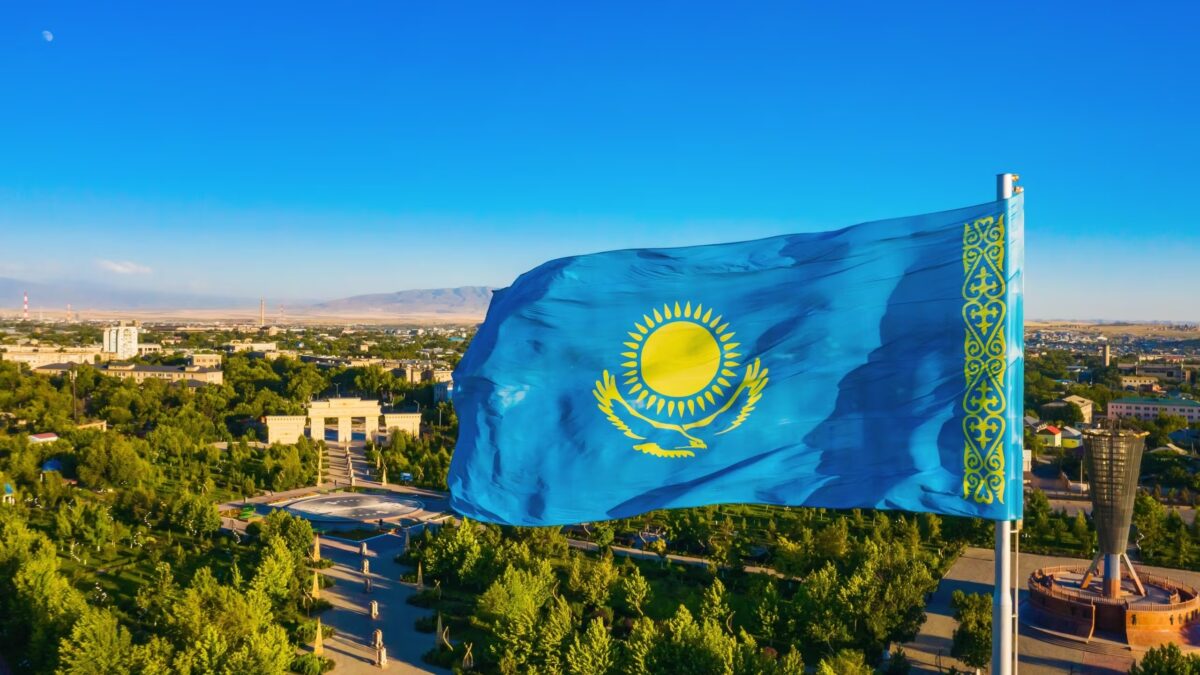Kazakhstan has solidified its position as the leading investment destination in North and Central Asia, drawing USD 15.7 billion in new projects in 2024, as per the United Nations Economic and Social Commission for Asia and the Pacific (ESCAP) report released on Dec. 25. This marks an 88 per cent year-on-year surge, with Kazakhstan accounting for 63 per cent of the region’s total investments, The Astana Times reported.
The region witnessed a 27 per cent rise in overall foreign direct investment (FDI) inflows, totaling USD 24.8 billion in 2023. ESCAP highlighted Qatar’s UCC Holding as a significant contributor to Kazakhstan’s FDI growth, with USD 11 billion committed to the development of critical gas infrastructure projects. “The growth in Kazakhstan now sees it attracting 63 per cent of the region’s total FDI in thus far 2024, led by investments totaling USD 11 billion from Qatar’s UCC Holding to establish two gas processing plants, a new compressor station, and two additional trunk gas pipelines throughout the country,” stated the report.
The projects include gas processing plants with annual capacities of one billion and 2.5 billion cubic meters, aimed at optimising raw gas usage. Agreements for these initiatives were formalised between QazaqGas, the national gas company, and Qatar’s UCC Holding during President Kassym-Jomart Tokayev’s visit to Qatar. Additional developments encompass the construction of the Aktobe-Kostanai gas pipeline and the expansion of the Beineu-Bozoi-Shymkent pipeline, which is anticipated to enhance Kazakhstan’s energy infrastructure.
ESCAP emphasised the pivotal role of proactive investment strategies in sustaining such momentum, particularly for emerging markets. “In this context, proactive investment promotion by line ministries and investment promotion agencies (IPAs) becomes increasingly crucial, particularly in sectors contributing to sustainable development. For emerging investment destinations, success depends not only on creating the right policy environment but also on offering investors a comprehensive suite of support services and aftercare,” the report noted.
While Kazakhstan led the subregion, Uzbekistan secured USD 4 billion in FDI, followed by the Kyrgyz Republic with USD 2.1 billion, Azerbaijan with USD 1.2 billion, Turkmenistan with USD 339 million, Georgia with USD 126 million, and Armenia with USD 67 million, reported The Astana Times.
Despite robust inflows into certain countries, outward investments from North and Central Asia declined significantly in 2024, with total outflows falling by 58 per cent to USD 2.3 billion. Russia accounted for 90 per cent of these outflows, channeling USD 847 million into India and Belarus’s coal, oil, and gas sectors.
The broader Asia-Pacific region recorded USD 292 billion in FDI between January and September 2024, down from USD 339 billion during the same period in 2023. India led the region with USD 76 billion in inflows, followed by Australia at USD 38 billion, China at USD 28 billion, and Japan at USD 25 billion. ESCAP attributed the decline to global economic uncertainties and geopolitical shifts.
“The landscape of foreign direct investment (FDI) in Asia-Pacific continues to evolve rapidly amid global economic uncertainties, geopolitical shifts, and technological transformations. While 2024 has witnessed some moderation in investment flows following the record-breaking announcements of 2023, the region has demonstrated remarkable resilience and maintained its position as a premier destination for international capital,” the report highlighted.
The report identified several factors reshaping investment patterns, including the acceleration of digital economy investments post-COVID-19, heightened energy security concerns, and supply chain restructuring influenced by geopolitical tensions. Experts also noted a transition in investment pace as projects announced in 2023 moved into implementation.
The services sector continued to dominate FDI inflows in the Asia-Pacific, accounting for 55 per cent of the total, while manufacturing contributed 41 per cent. The share of the primary sector declined to 4 per cent in the first three quarters of 2024, compared to 9 per cent during the same period in 2023.
Within manufacturing, semiconductors, electronic components, and metals attracted the highest investments, with USD 28.2 billion, USD 19 billion, and USD 12.5 billion, respectively, in the first three quarters of 2024. However, metals investments saw a steep 61 per cent decline compared to 2023 due to weakened global steel demand, falling prices, increased Chinese exports, and reduced domestic consumption, The Astana Times reported.
Kazakhstan’s remarkable performance in attracting FDI underscores its growing appeal as a hub for regional development and international collaboration. The investments, driven by strategic agreements and infrastructure projects, signify the nation’s proactive approach to fostering economic growth and sustainable development.
Disclaimer: This is a syndicated feed, except for the headline the article is not edited by the FPJ editorial team.
